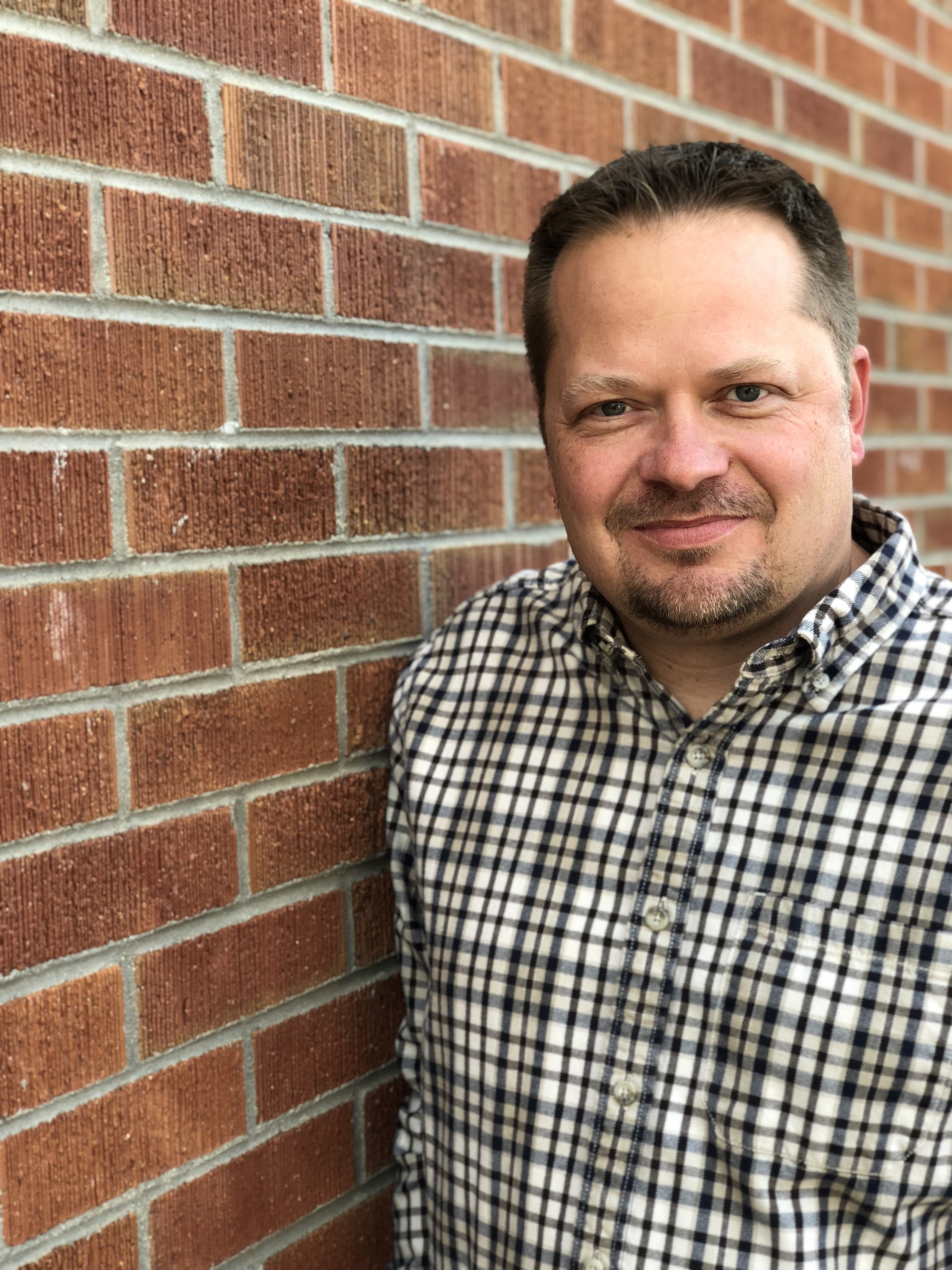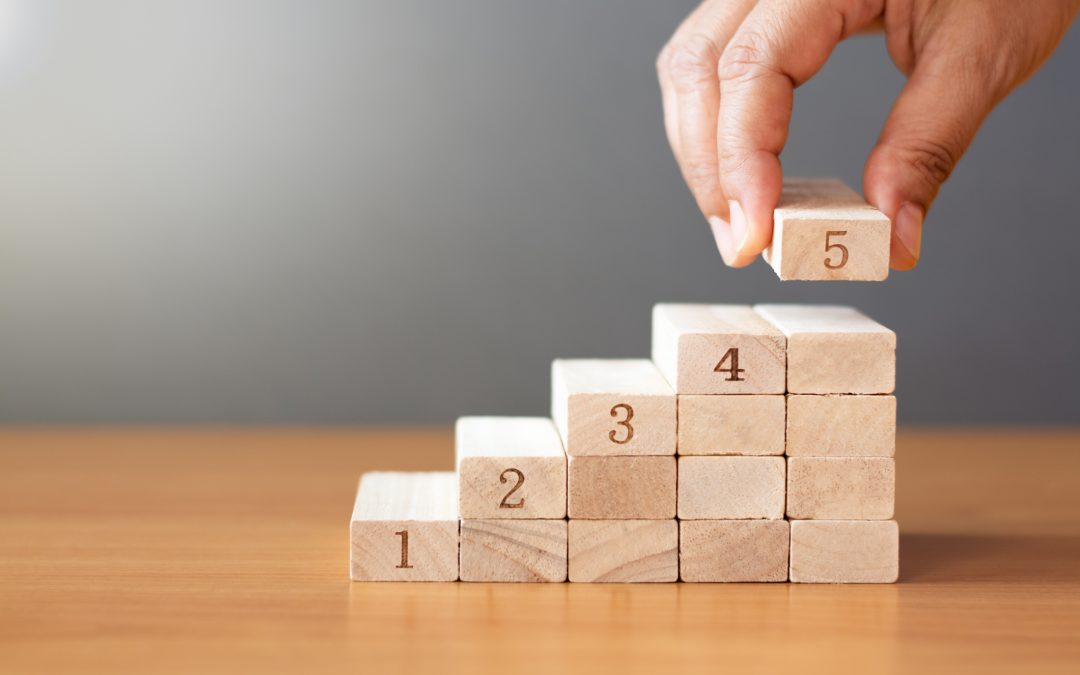When a child has been a victim of sexual abuse, the effects can continue throughout a person’s life. It is during childhood and adolescence when we are learning the most about the world around us. Who are the safe people I can trust? What are appropriate boundaries? When abuse is a “normal” part of life, this can skew the way a person views others and how they approach (or opt out of) relationship.
For some, this early sexualization leads to a shutting down internally. Other people are simply too scary or risky. Being in relationship means that I will be hurt again, so some I simply won’t go there. Or, they find they can only go so far. Sex is a burden to be endured, never initiated, even in the context of a loving relationship. It triggers memories of the abuse and the idea of actually enjoying a sexual relationship seems impossible.
For other victims of abuse, being introduced to their sexuality serves as an awakening rather than a shutting down. If a key avenue to receiving love and care is via sex, then they will use their sexuality to get what they think they need. Many find this leads to addictive sexual behavior, where the true needs of love and acceptance are never found. Sometimes, the abuse victim can in turn become an abuser themselves.
Still others may find themselves somewhere between the examples above, vacillating between being hypersexual and sexually anorexic. Sexual activity or feelings lead to a deep sense of shame that causes a person to retreat away from any type of connection that might feel unsafe. When a person perceives that everyone either wants to use them and hurt them or that others are simply there for sexual pleasure, how does one go about finding a healthy approach to life, relationships, and happiness?
5 Helpful Things to Consider
Pray
This may seem obvious or elicit an eye roll, but including God in our journey of healing is so very important. Many have prayed a lot for God to heal and protect and felt abandoned by Him in the process. A good place to start is by talking with Him about those feelings of abandonment. Next is to ask God to lead you to safe people and resources.
Seek out helpful resources
There are quite a few amazing resources for those seeking to heal from the effects of abuse. With the topic of abuse, some resources can be triggering. Healing for Damaged Emotions by David Seamands is a good place to start. It is not specifically for survivors of sexual abuse, but is a good entry into thinking through how to start a path towards healing. It even has a companion workbook. For those ready to deal directly with their abuse, WGA recommends The Wounded Heart by Dan Allender as a place to begin. This can be a pretty intense read, so it may be beneficial to read through this with a friend or a therapist. This leads to the next thing to consider.
Reach out to others
This can be scary, especially when there has been such a major breach of trust that occurred during the abuse. The bad news is that healing from sexual and relationship issues primarily comes as a result of healthy/positive experiences with other people. The good news is that there are therapists, support groups, and other safe people to connect with. There is always risk, but the rewards are so worth it.
As an adult, despite how you may feel in any given moment, you have power and a voice that you did not have as a child. A counselor is a great starting place to help you find and use that voice to advocate for yourself. If a support group or a face to face meeting feels to overwhelming now, there are a number of online support groups and services that can offer a space for you to begin connecting with others. My hope is that you will use this as a bridge to connect face to face with a safe circle of people.
Combat Shame
Shame can be debilitating, and it breeds in secrecy and silence. One of the most important things a person with a history of sexual abuse can do for themselves is to tell a trusted person. Your story matters. A safe person can reflect back to you the truth of who you are when your self-perception is skewed. The hard work of building your support system really pays off when you need a reality check about shame.
Support Others
Finally, it is important to get outside of yourself and offer what you can to others. Participating in a support group with other survivors of abuse allows you the opportunity to speak into others’ lives. Also, serve others in settings that have nothing to do with abuse. Help out at church or take an elderly neighbor to the grocery store. Giving to others will remind you that you are not alone and that you have gifts of value to share.

Roger Jones
Executive Director
Make a Difference in Someone's Life
If you enjoy reading WGA’s blogs and would like to show your support, please consider making a donation. Where Grace Abounds is a 501(c)3 non-profit organization. The majority of services, including support groups and discipleship counseling, are provided free of charge. Your financial gifts help to cover the costs associated with offering a free program to those who seek WGA’s services.

